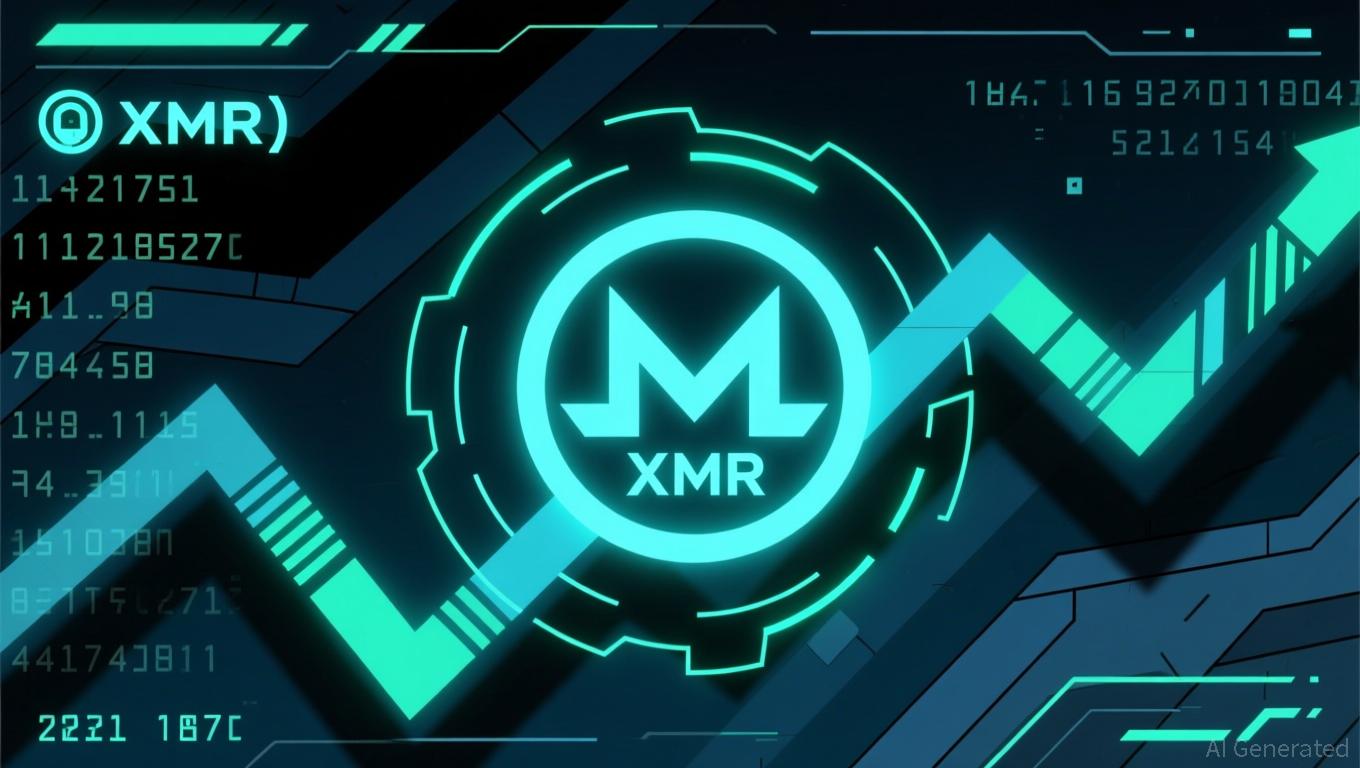Solana News Today: Deceptive Chrome Extension Secretly Drains Solana Assets by Abusing User Trust
- A malicious Chrome extension, Crypto Copilot, secretly siphons 0.0013 SOL or 0.05% from Solana transactions via hidden transfer instructions. - The extension exploits Raydium DEX and obfuscated code to bypass detection, routing fees to attacker-controlled wallets without user awareness. - Despite a takedown request, the extension remains available on Chrome Web Store, highlighting growing browser-based crypto threats affecting 15 users as of 2025. - Cybersecurity experts warn of rising malicious crypto e
Crypto Copilot Chrome Extension Secretly Steals Fees from Solana Trades
A deceptive Google Chrome extension called Crypto Copilot has been exposed for covertly extracting hidden fees from users conducting Solana (SOL) transactions. Promoted as a tool for seamless Solana swaps directly from social media, the extension exploits users’ trust in browser-based trading solutions.
Cybersecurity experts at Socket discovered that Crypto Copilot secretly inserts an extra transfer command into every transaction. This results in a concealed fee—either 0.0013 SOL or 0.05% of the transaction value—being funneled to a wallet controlled by the attacker. The extension’s interface only displays the legitimate swap, effectively hiding the additional on-chain instruction that executes simultaneously.
How the Attack Works
Crypto Copilot utilizes Solana’s decentralized exchange Raydium to process swaps. However, it appends a SystemProgram.transfer instruction to siphon off funds. Unlike traditional wallet-draining attacks that empty entire balances, this extension quietly skims a small amount from each trade, making detection more difficult.
The malicious code is heavily obfuscated to avoid security scans, and its backend is hosted on a seemingly inactive domain. The main website is currently parked, further masking its true purpose. Despite a removal request sent to Google, the extension remains available on the Chrome Web Store since June 18, 2024, and has reportedly been installed by at least 15 users as of November 2025.
Rising Threats from Malicious Extensions
This incident highlights a growing wave of attacks leveraging browser extensions within the cryptocurrency sector. In recent months, similar tactics have been used by other extensions, including a popular wallet tool and a Jupiter DEX aggregator, both of which have been implicated in draining Solana wallets.
According to industry reports, an 18-month investigation uncovered 186 crypto-related malicious extensions, many of which evaded antivirus detection for extended periods. With the Chrome extension ecosystem reaching over 3 billion devices, these threats can spread rapidly, often using misleading permissions or cloned interfaces to deceive users.
Protecting Yourself from Extension-Based Scams
The stealthy fee skimming by Crypto Copilot can lead to significant losses, especially for frequent traders. Security professionals recommend several precautions:
- Carefully review all transaction details before approving any operation.
- Refrain from installing unverified or suspicious browser extensions.
- Regularly audit installed extensions for unnecessary permissions.
- Check wallet connection histories for unusual activity.
- Enable transaction simulation features on Solana explorers to spot irregularities.
Broader Security Concerns in DeFi
This case also underscores persistent security challenges in decentralized finance (DeFi) applications. While Solana’s ecosystem continues to expand with major upgrades like Firedancer and Alpenglow, vulnerabilities in user-facing tools remain a significant risk. As both institutional and retail investors increasingly use crypto ETFs and multi-chain wallets, comprehensive security audits and ongoing user education are essential to reduce exposure to such threats.
Disclaimer: The content of this article solely reflects the author's opinion and does not represent the platform in any capacity. This article is not intended to serve as a reference for making investment decisions.
You may also like
Monero’s reputation for privacy faces challenges from modular competitors and evolving regulations
- Monero (XMR) nears $400 as privacy-focused crypto gains traction amid evolving market demands for modular solutions. - Emerging rivals like Solana's GhostwareOS and Zcash challenge Monero's dominance with interoperable privacy features. - Regulatory pressures, including South Korea's expanded AML rules, heighten scrutiny on privacy coins despite their anti-surveillance design. - Analysts highlight Monero's "extreme privacy" legacy but note growing adoption of integrated privacy tools in active blockchain

As Crypto Markets Fluctuate, BI DeFi's Eco-Friendly Cloud Approach Draws Growing Attention from Institutions
- BI DeFi launches a blockchain-powered cloud computing platform combining renewable energy and advanced security to stabilize crypto market risks. - XRP's $180M inflow highlights growing institutional interest in digital assets despite broader market volatility and billions in sector outflows. - The platform's green energy data centers and automated yield settlements address ESG priorities while reducing blockchain's carbon footprint. - User-friendly features like $17 introductory contracts and $50K affil

FDV's Dilemma: Assessing Opportunity While Concealing Risk
- FDV (Fully Diluted Valuation) has become a 2025 key metric for evaluating crypto projects' long-term risks and scalability, especially for new layer-1 blockchains like Monad and Apertum. - Monad's $3.9B FDV despite 12% unlocked supply highlights "low float, high FDV" dynamics, while Apertum's 1.05x FDV-to-market cap ratio signals minimal dilution risk. - Critics note FDV's limitations, including price volatility assumptions and irrelevance for uncapped supply projects like Ethereum , requiring contextual

Switzerland Delays Crypto Information Exchange Pending International Coordination
- Switzerland delays crypto tax data sharing with foreign nations until 2027, citing unresolved CARF partner agreements. - The OECD's 2022 framework requires member states to exchange crypto account details, but 75 countries including the EU and UK face implementation challenges. - Transitional measures ease compliance burdens for Swiss crypto firms while awaiting finalized international data-sharing protocols. - Major economies like the U.S., China, and Saudi Arabia remain outside CARF due to non-complian
